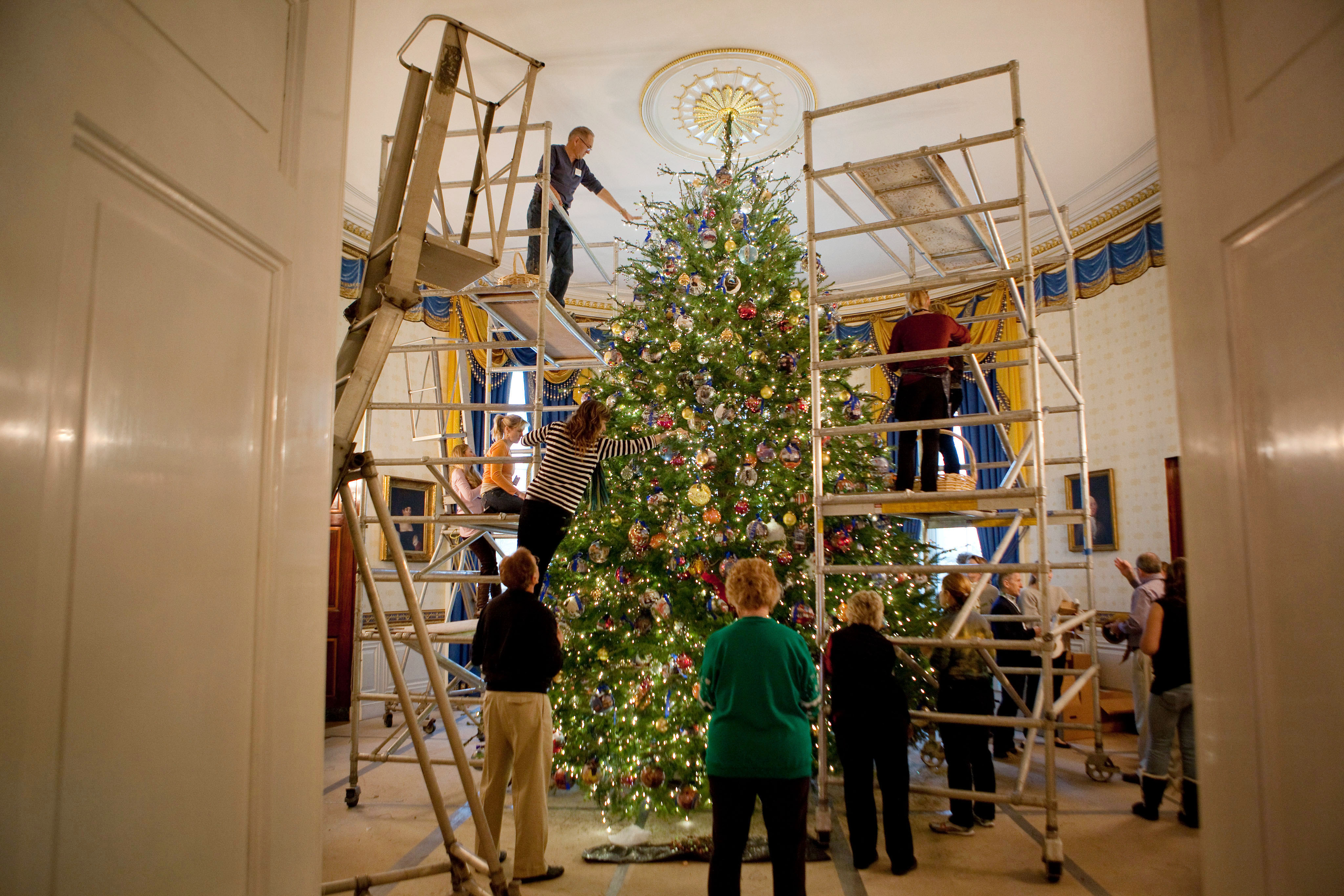 |
| Sprucing up the house |
Writing to a friend who was painting his flat this week, I referred to him "sprucing up" the place.
And then I thought, "Why do we say that? Does it have anything to do with conifers? Surely not! It must be just a coincidence, like pining for the fjords (click here for more on "pining")."
Well, I was WRONG. AGAIN! Sheesh!
Admittedly, though, the connection is very tenuous, but it led me to some interesting discoveries about the word "spruce" in all its usages.
Back in the 1300s and 1400s, the part of Europe bordering the southeastern coast of the Baltic Sea, inhabited by an ancient Baltic people called "Prussi" by the Romans, went by the name "Pruce" in English. After the Renaissance, when we preferred Latin names, we came to call it "Prussia".
But before that happened, "Pruce" had a variant name: "Spruce". Goods imported from or flora and fauna native to "Spruce" were naturally called "Spruce fish", "Spruce duck", and so on. A particularly valued commodity was the wood of a tall, straight coniferous tree that grew in the region and hence was called a "Spruce tree" or "Spruce fir". After a couple of centuries, we called it simply a "spruce".
But what does this have to do with sprucing oneself up?
Another valued commodity from "Spruce" was leather. In the 1400s and 1500s a "spruce leather jerkin" seems to have been a hot fashion item. If you wore one, you were considered pretty natty. And so "spruce" came to be treated as an adjective meaning "well dressed, dapper" or "well maintained; having a tidy appearance". At the same time, "spruce (up)" started to be used as a verb. (Find out whether it's ok to use an adjective as a verb here: http://blog.oxforddictionaries.com/2013/11/whats-wrong-with-this-verb/)
Here in Canada we have, by a scientific estimate, bajillions of spruces. More spruces than any other kind of tree. I like to think that if history had been different, they would be called "canadians", and the expression meaning "improve one's appearance" would be "to canadian oneself up". Maybe it's not too late...
PLEASE, if you liked this post, SHARE it.
Attention ballet lovers! I'm offering a new mini ballet appreciation course in November: More than the Hora: Jewish Contributions to Ballet. Of interest to all ballet lovers and all who are interested in Jewish culture and history. More info here:
http://toursenlair.blogspot.ca/2016/10/new-ballet-course-jewish-contributions.html
P.S. If you find the English language fascinating, you might enjoy regular updates about English usage and word origins from Wordlady. Receive every new post delivered right to your inbox! SUBSCRIPTION IS FREE! You can either:
use the subscribe window at the top of this page
OR
(if you are reading this on a mobile device): send me an email with the subject line SUBSCRIBE at wordlady.barber@gmail.com
Privacy policy: we will not sell, rent, or give your name or address to anyone. You can unsubscribe at any point.

Hello,
ReplyDeleteI would need (at some point) an explanation for the (existence and meaning of) verbs accompanied by prepositions (post-posed!), such as "spruce UP" - what exactly they mean, why Germanic languages seem to do it, while Romance languages don't etc.
Thanks.
P.S.
And what a noun: "Romance"! What about that ? Simple coincidence ?
if you look in the Oxford English Dictionary entry for each preposition/adverb, then search "phrasal verb" within the entry, you will find all the multitudinous meanings of the preposition/adverb in phrasal verbs.
ReplyDeleteThank you!
Delete